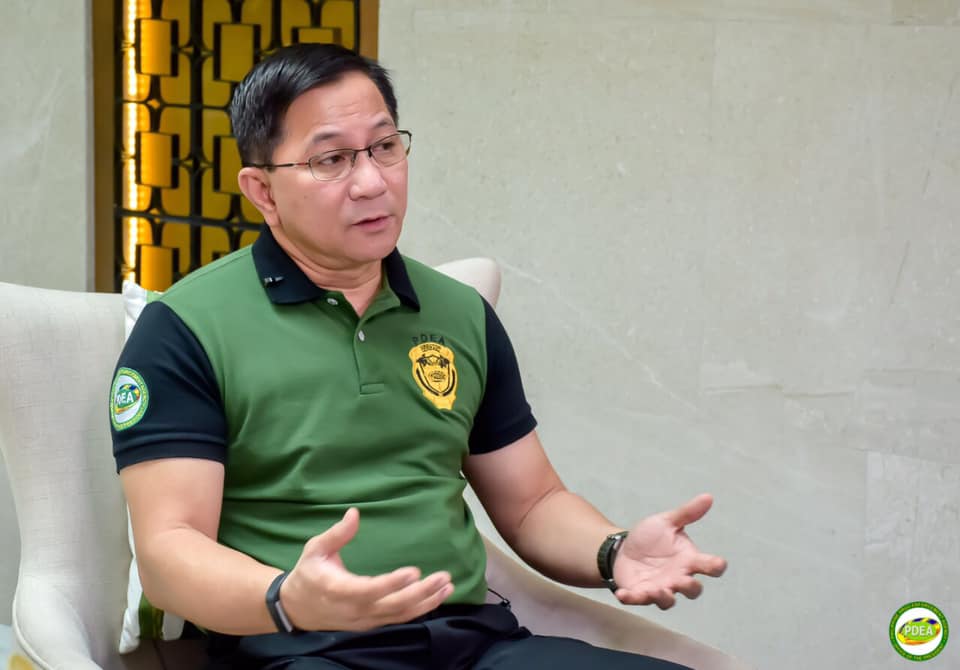News
Death penalty to curb illegal drugs, related crimes: PDEA

“Foreign and local drug offenders, especially drug protectors and coddlers who were found guilty of manufacturing, trafficking, and pushing of dangerous drugs, warrant the capital punishment,” PDEA Director General Aaron N. Aquino said in a statement on Wednesday. (File photo: PDEA Top Stories/Facebook)
MANILA — The Philippine Drug Enforcement Agency (PDEA) has expressed full support for the revival of the death penalty in the country, to serve as a strong deterrent against crimes related to illegal drugs.
“Foreign and local drug offenders, especially drug protectors and coddlers who were found guilty of manufacturing, trafficking, and pushing of dangerous drugs, warrant the capital punishment,” PDEA Director General Aaron N. Aquino said in a statement on Wednesday.
“Offenders of heinous crimes fueled by illegal drugs, like rape, also deserve the state-sanctioned execution,” he added.
According to Aquino, the more uncompromising and tough the law is, the harder it is to break.
“Death penalty, not life imprisonment, must be imposed on all international and local drug traffickers to send a strong message not to turn our country into a business hub for illegal drugs. They tend to capitalize on our laws where the maximum penalty is less harsh.”
Those favoring the reimposition of the death penalty say life sentence also has its share of disadvantages. Besides the problem of overcrowding in jails, there are reports that several convicted drug lords are still involved in the illegal drug trade, and continue to communicate with the outside world while in incarceration.
President Rodrigo Roa Duterte, in his fourth State of the Nation Address (SONA), advocates the reinstatement of the death penalty for heinous crimes caused by illegal drugs, and plunder.
According to the President, the drug problem will not be solved unless corruption is eliminated.
“Illegal drugs, criminality and corruption are social menaces that go hand in hand. Get rid of one problem, the other two can no longer survive,” Aquino said.
“If you have done something evil, you have to pay. We are not promoting a cycle of violence. However, it is morally justified in imposing death penalty to people who seek to destroy the lives of the Filipinos, most especially our youth,” the PDEA chief stressed.
In 1993, capital punishment was restored under Republic Act 7659 during the term of former President Fidel Ramos.
In 1996, Republic Act 8177 was passed, prescribing the use of lethal injection as the method of carrying out capital punishment.
In 2006, former President Gloria Macapagal-Arroyo signed Republic Act 9346, which abolished the death penalty and downgraded the maximum penalty for crimes to reclusion perpetua (imprisonment of up to 40 years) and life imprisonment.
Duterte has pushed for the reinstatement of the death penalty since the start of his 2016 presidential campaign and also mentioned it in his second SONA in 2017.
Two of his allies in Congress, Senators Ronald “Bato” dela Rosa and Christopher “Bong” Go have both vowed to push for the revival of capital punishment.





















